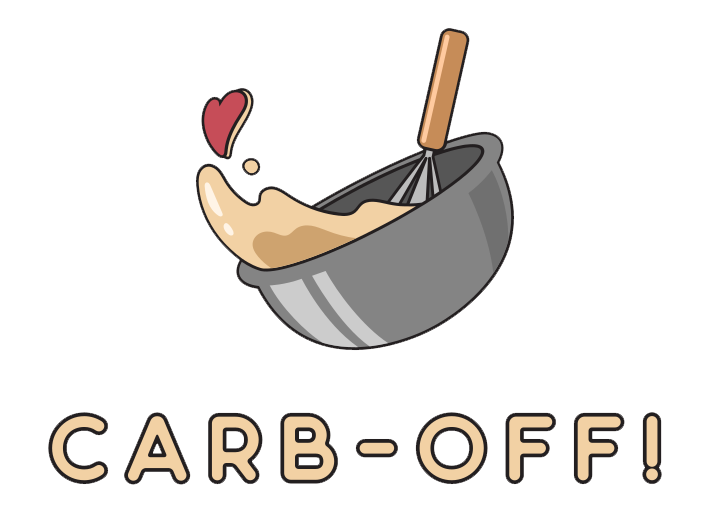Articles
Polyols: The Sweeteners That Won’t Spike Your Blood Sugar
Polyols, also known as sugar alcohols, are a type of low-calorie sweetener that has gained popularity among those looking to reduce their sugar intake without sacrificing taste. Commonly found in products labeled as “sugar-free” or “low-carb,” polyols include familiar names like erythritol, xylitol, maltitol, and sorbitol. But what sets polyols apart from regular sugars, and why are they considered a better option, especially for those watching their blood sugar levels?
What Are Polyols?
Polyols are carbohydrates that occur naturally in some fruits and vegetables, but they are often manufactured for use as sweeteners in various foods. Despite their name, sugar alcohols do not contain ethanol (alcohol) like alcoholic beverages. They are called “alcohols” because of their chemical structure, which includes hydroxyl groups (-OH).
Why Polyols Don’t Affect Blood Sugar Like Regular Sugar
One of the biggest advantages of polyols is their minimal impact on blood sugar levels. Unlike regular sugar, which is quickly absorbed into the bloodstream, polyols are absorbed more slowly and only partially. This slower absorption means that they have a lower glycaemic index, causing little to no increase in blood glucose or insulin levels.
Here’s how it works:
- Reduced Absorption: Most polyols are only partially absorbed in the small intestine, which means that less sugar enters the bloodstream.
- Lower Caloric Value: Because they are not fully absorbed, polyols contain fewer calories per gram compared to regular sugar—typically about half or less.
- Minimal Insulin Response: Since polyols have a lower glycaemic index, they cause little to no insulin response, making them a safer alternative for people with diabetes or those following low-carb and ketogenic diets.
Popular Polyols and Their Benefits
- Erythritol: Almost zero calories, zero glycaemic index, and it doesn’t cause digestive upset like some other polyols.
- Xylitol: Has a low glycaemic index and is known for its dental benefits but should be used with caution around pets, especially dogs.
- Maltitol: Slightly higher on the glycaemic index compared to other polyols, but still significantly lower than sugar.
- Sorbitol: Commonly used in sugar-free gum and candies; low glycaemic impact but can cause digestive upset in high amounts.
Conclusion
Polyols are a versatile and effective way to enjoy sweetness without the unwanted blood sugar spikes associated with regular sugars. Their unique properties make them particularly appealing to those managing diabetes, following low-carb diets, or simply trying to maintain stable energy levels throughout the day. However, as with any sweetener, moderation is key to avoid potential digestive issues. When used wisely, polyols offer a sweet solution that won’t derail your health goals.


